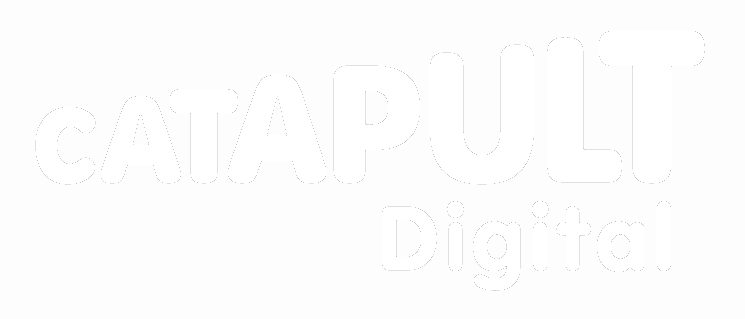Court Action
Sometimes court action appears to be the only appropriate way to resolve a dispute.
The Intellectual Property Enterprise Court Small Claims Track offers a dispute resolution option for claims relating to copyright valued at less than £10,000 where jurisdiction falls in England and Wales. Specialist District Judges based in London are appointed to hear claims. Claims started in your local County Court may be transferred to the IPEC Small Claims Track. Claims valued at more than the small claims limit can be raised in the IPEC Multi Track, but the civil procedure rules which apply in this court are more complex and rules about recovery of costs from the unsuccessful party are also different.
In Scotland and Northern Ireland, there is no specialist forum for unregistered intellectual property rights like copyright. Both Scotland and Northern Ireland offer small claims process for low value claims. In Scotland, claims worth less than £5,000 can use simple procedure in the Sheriff Court. In Northern Ireland, there is a small claims process for claims valued at less than £3,000 and there is also an online small claims process. In these jurisdictions your claim is unlikely to be heard by a judge with intellectual property experience.
Court actions in the IPEC Small Claims Track can be started by lodging a claim form at the IPEC Small Claims Track at the Rolls Building, Fetter Lane, London. To start an action in the Sheriff Court in Scotland you need to lodge a Form of Claim or an Initial Writ with your local Sheriff Court in Scotland. To start an action in Northern Ireland there is a Small Claim Application Form.
You must clearly identify the party you are making the claim against, and provide details of your claim (Particulars of Claim). It is always the claimant (in Scotland: ‘pursuer’)’s responsibility to notify the defendant (in Scotland: ‘defender’) of the claim. This is referred to as ‘service’. You must read the relevant procedural rules to determine how the claim is deemed to be properly served and you may wish to take professional advice on getting this right.
After your claim is lodged what happens next is determined by the relevant court procedure. The defendant will have an opportunity to submit a defence, which you may wish to reply to, or may admit the claim or make a counterclaim, or if the defendant does not respond you may apply for a ‘default’ judgment. Once the parties have had the chance to put forward their initial submissions, the court will usually fix a hearing date, either to determine preliminary issues or the final case. Civil justice requires that all parties have sufficient opportunity to respond to each step in a court action, so a final hearing may well be many months after you lodge your claim. However, parties have the option of agreeing, negotiating or reaching a settlement using alternative dispute resolution during this period.
While small claims procedures are usually ‘simplified’ to allow parties to represent themselves rather than incurring the cost of legal representation, it may still take parties some time to familiarise themselves with the simplified procedural rules.
Unless you reach an out of court settlement, a court hearing will result in a decision for or against you, with a resulting order (made by the District Judge in the IPEC Small Claims Track) or decree (made by a Scottish Sheriff). If this is in your favour, the defendant may be required to do something by the court. If they do not comply with the court order you may have to take further action to enforce the court’s decision.
Court institutions and options are different outside the UK and you should seek professional advice on your options if you need to pursue dispute resolution outside the UK.
Related
1. My rights have been infringed, what should I do?
The first step is to be clear whether the work is protected by copyright and whether the infringing behaviour has any legal justification (e.g. under a copyright exception).
2. Someone has accused me of copyright infringement, what should I do?
If you are reading this section you have probably received an email, letter, Pre Action Protocol correspondence or court summons from a copyright holder…
3. How do I resolve a dispute about infringement of copyright?
Choosing an appropriate dispute resolution mechanism depends on a number of factors. For example, you should consider the following…
Pre-Action Protocol
In England and Wales, and Northern Ireland, parties are expected to try to resolve disputes before taking Court Action, for example by using a more informal dispute resolution mechanism.
Professional Third Parties
You may wish to use a third party to assist in enforcement of your copyright, such as a solicitor, a mediator or an arbitrator.








